|
Working Parent Stories often mentions the fact that kids learn from parents and the kids of working parents learn unique and valuable lessons. Having just finished reading the book Educated by Tara Westover, it seems safe to claim that she learned some really unique lessons from her working parents. And many of them have turned out to be surprisingly valuable and definitely thought-provoking. We're late to the party in terms of reviewing and praising this book given that Barack Obama included it on his 2018 Summer Reading List and Bill Gates recently gushed about it too. With that said, in addition to being a compelling memoir, it gives parents a lot to think about in terms of what aspects of parenting and education help a child the most. Educated is a real page-turner* that will leave you thinking and thinking and thinking some more about what you've read, what it means to be a "good" parent, and what opportunities and responsibilities you provide for your children. After you finish the book, we recommend listening to interviews with the author posted on YouTube (like this one) to gain even more insight into her story. * We actually listened to the audio version
0 Comments
A movie review We enjoyed the CNN documentary RGB enough to conclude that we wanted to see "On the Basis of Sex" too, the "inspired by a true story" movie about events that occurred duing Ruth Bader Ginsburg's education and early career. And we're glad that we did because it provided a different view into Judge Ginsburg's history. (One, we should note, that is somewhat fictionalized. You can check the facts vs. fiction online.) Not long ago, I attended a class called "Understanding myself from a cultural perspective". One of the most memorable things the instructor told us is that an outsider can't become a member of a group unless he or she has an insider advocate. In addition to being a thought-provoking claim, it got me thinking about responsibility; specifically, what responsibility do I have to help others who are on the outside? This movie, and other stories I've read about Judge Ginsburg, highlight the fact that after finishing two years of Harvard Law School and then graduating from Columbia Law School (where she tied for first in her class), RBG couldn't find an NYC law firm that was willing to hire her. That's hard to believe in 2019, but apparently it really happened. Ruth and Marty both worked while raising their two children; Ruth started out as a college professor and Marty spent his career as a tax attorney. It's well known that Marty was the family cook long before many men assumed such roles. Their successes appear to be linked in many ways. Thankfully for Ruth, and all women really, her husband, Marty, remained convinced that she should continue to push the legal system until she found a crack; a way to practice law instead of just teaching others about it. It's an example of a person on the inside advocating for a person on the outside. And it leaves us wondering, is there a person or people who are deserving of our advocacy?
Pointer to HBO's new Docu-Series Being Serena
Working moms on Reddit brought our attention to the new five-part Docu-Series on HBO* called Being Serena. The series chronicals the most recent events in Serena Williams' life; from winning the Australian Open while pregnant in April 2017 right up to attending the recent wedding of Prince Harry and Meghan Markle.
But it's the stuff in-between those events that is most interesting ... and inspiring ... and thought provoking ... and relatable. For those who don't know, Serena is married to Alexis Ohanian, one of the co-founders of Reddit, so it's especially interesting that Reddit led us to this program. Talk about a synergistic relationship! Working parents (both moms and dads) are likely to appreciate Serena's story and find themselves relating, thinking, and being inspired as they watch. * It appears that Being Serena is also available via On Demand until early July. More info.
Pointer to research results published by ScienceDaily
When our kids were in school, we knew a couple who were highly respected parents. Imagine my thrill when I learned that they limited their very smart and very talented son to two (or was it three?) extracurricular activities at a time. While other parents were bragging about the hours they spent shuttling their kids from activity to activity, these parents confidently let people know that they thought some reasonable limits were best for their son.
Their confidence set the example I needed to let go of any concern I had that my own kids might be falling behind because they weren't overbooked and in constant motion. It was really helpful and comforting information during a time that I needed more help and comfort! If you would appreciate knowing that your kids don't need to be booked 24/7, look no further than this article published by ScienceDaily: Are your children overdoing it? Too many extracurricular activities can do more harm than good. It summarizes results from a small study in England and points out that "a busy organized activity schedule can ... potentially harm children's development and wellbeing." It may provide the info working parents need to better manage their time and protect their sanity.
Originally Published: May16, 2018 | Last Updated: Jun 11, 2018
Book Review
Being a working parent is a challenge. After reading the book The Hate U Give recently, I'm reminded that it's even more of a challenge for some parents, like those depicted in the book. This young adult novel was a book club "assigned read" and one that I feared would be a difficult one. But it was just the opposite. While the subject matter is heavy and revolves around a police shooting of an unarmed young man, the story is told in a way that is compelling and well-rounded. Along with the very difficult situations, there is love, laughter and teen-aged silliness (and angst).
Even though the book is targeted at readers much younger than me, I found it compelling, relevant, and very worthwhile. It made me realize than one person's idea of struggle just may be another's idea of privilege. If everyone in the US (at least) read this book, I think we might have at least a little less strife and a lot more understanding of each other.
Yesterday I heard a parent on the radio explain that she left her career because her employer wouldn't give her the flexibility she needed as a parent. Given that I had the radio on for about 90 seconds, I didn't hear what she said before she made that comment, and I heard very little afterward, but it left me wondering; did her spouse also need to leave his career? And if not, why not? Is it possible that her spouse wasn't helping to provide the flexibility she needed to continue her career? Or maybe she didn't want to truly share parental responsibilities with him.
Sometimes it seems like people are looking for reasons to avoid pursuing a career instead of ways to make it work. If you sincerely want to pursue a career and parenthood, you may find the stories we publish helpful. Happy reading! Inspired by a Freakonomics podcast: What Can Uber Teach Us About the Gender Pay Gap? The gender pay gap gets a lot of attention. Many theories try to explain why it exists. While many spend time speculating and theorizing about it, the folks at Uber have gathered data that provides new insights. People who value fair pay, including working parents, are likely to find this info pretty interesting. (And those who want to dig deeper into the data can listen to the Freakonomics podcast: What Can Uber Teach Us About the Gender Pay Gap?) Some believe that the gender pay gap could be reduced if workers had more flexible work hours. Uber offers its drivers total flexibility when it comes to hours worked. Some assert that those who control pay have unconscious (or conscious) biases that result in men being paid more than women for the same work. Uber pays drivers using a gender-blind formula based on the length of a ride in miles and minutes. Additionally, the fare (which determines pay) may include "multipliers" based on customer demand at any given time. Uber's pay structure is based solely on services provided, and it's non-negotiable. Some think that hiring can be a biased process, and we agree. At Uber work is assigned via an undeniably gender-blind process. This means that Uber is able to provide driver pay data that is virtually devoid of gender biases. As you might imagine, researchers were eager to sift through this data. And, for a variety of reasons, they expected women Uber drivers to out-earn men by just a little or at the very least to earn the same amount as men on an hourly basis. But guess what? That's not happening. The data shows that men make about 7% more per hour (on average) for doing the exact same job. And remember, this is in a setting where work assignments are made by a gender-blind algorithm, and the pay structure is tied directly to output and is non-negotiable. Interestingly, this 7% pay gap aligns with gender pay gaps uncovered by other studies within other work environments. So how do they explain this?! Before jumping to the answer, it's worth noting that the volume of data available for analysis was huge; 25M driver-weeks across 196 US cities over 22 months (June 2015 - March 2017). It included >1.8M drivers and >740M Uber trips. As the researchers dug deep into the data, here's what they found:
So while women have every opportunity to earn just as much as men when they're Uber drivers, the choices they make are lowering their average income slightly. In a nutshell, choices have consequences. This info is compelling for working parents because it makes it really clear that career choices always have consequences. A decision to opt out of the workforce, for even a relatively short period of time like a year, can have lasting consequences. Usually we understand that and are happy to live with the consequences. But sometimes people don't understand that even a short "break" from the workforce in the early years of a career will result in unexpected and significant consequences (not to mention frustrations) down the road. Working while raising kids is hard, but this data shows that those who figure how to make it work are more likely to find themselves satisfied over the long run if equal pay is important to them. We probably shouldn't be surprised to learn that Uber and the researchers have just confirmed that experience matters and hard work pays off.
Inspired by the Harvard Business Review podcast: "Couples That Work" About two months after our second child was born, I was interviewing for a new job. I'd spent the previous few years at a start-up that never came close to delivering the compensation I'd walked away from with my previous employer. So when I received a respectable offer to return to that "previous employer" as a contractor, and in a role I'd filled right out of college nine years earlier, I felt relieved, encouraged, and happy to get my foot back in the door. But my husband didn't feel the same way. He told me that if I took that job I'd "ruin the family name" because I was overqualified for it and capable of more. He thought I needed to continue my search until I found a position that better aligned with my experience and provided compensation that aligned with that experience. That wasn't exactly the encouraging response I was expecting, so I paused, and then I took his advice. A month later I landed a much better offer for a position that required the experience I'd acquired and would compensate me accordingly. My husband's surprising encouragement to walk away from the "lesser" offer really caught me off guard. I'd always appreciated that he supported me, but I'd never realized how much he respected my capabilities. It was a huge confidence booster, and in hindsight, a defining moment that kept my career on track at a time when it could have easily been derailed. (It's also worth mentioning that by pushing me to take on more responsibility at work, demands on his time at home were certainly going to increase, so he didn't have much to gain by pushing me to strive for more.) Of course I ended up taking the better offer, and I never looked back. It turns out that this kind of "tough love" advice is a trait found within successful dual career couples according to an interesting Harvard Business Review podcast called "Couples That Work". Guest Jennifer Petriglieri calls this providing a "secure base" and points out that this kind of encouragement, when one spouse actually pushes the other to move further outside the relationship, is how we thrive, develop and grow. Interestingly, it's often the same kind of encouragement we give to our children to ensure they become capable adults. Any couple that wants to strengthen their relationship and career opportunities should listen to at least the first 10 minutes of this podcast.
Related story:
Many mothers in the US lament the fact that, on average, women don't earn as much money as men. Some of these mothers sound frustrated. Some don't seem to understand the factors that influence pay. Some assume that employers conspire against them at worst, or unconscious biases exist at the very least. They feel underappreciated. There are other mothers who rarely mention this topic. Some of them are earning substantial incomes, working hard to manage demanding careers, and feeling adequately appreciated in the workplace. They are living a different reality and wonder why other women complain. Why is this? Why do some mothers feel underappreciated while others feel valued and well-compensated? There are probably many reasons, but one of them is that women sometimes receive different kinds of coaching and encouragement than men as they prepare for their careers. I write about this in the Working Parent Story Beyond the Benefits. Sheryl Sandberg writes about it in her book Lean In. It seems that many boys and men are advised to consider compensation expectations as they prepare for careers, but not as many girls and women receive that kind of advice. Too many women are encouraged to prepare for careers without considering the financial ramifications of their choices, and then they are surprised to learn that the jobs they qualilfy for don't pay well. If women were to approach career preparation differently, it's likely that mothers would opt out of the workplace less often and feel more appreciated on the job. When advising girls and young women, parents, teachers and mentors may want to ask themselves the question, "Would I give this advice to a boy or young man?" And if not, they should think about whether the girl or young woman deserves more. If you fear you may not be compensated fairly or your career may not be heading in the right direction, ask yourself this question: If men don't want my job, why do I?
Submitted by Kathy Haselmaier Editor's Note: The convenient thing about submitting a story to a web site you edit is that you can have conversations, and even debates, with yourself. This story is categorized as "provacative", so let's be clear up-front; I am not suggesting that full-time work is something that every parent will want to pursue, nor should they. Mindful parents make choices that support their unique visions for their families. The purpose of this piece is to stretch minds and encourage people to think and talk about how we can improve things for everyone. A casually asserted online comment got me thinking recently. It stated that an earnings gap between women and men is the reason many young women opt out of the workforce after they have children. It wasn't the first time I'd read the claim, and I doubt it will be the last.
Many young parents find ways to manage both career and family responsibilities, but young women are still leaving the workforce at greater rates than young men. (A 2012 McKinsey Study calls this the "leaky pipeline".) These exits perpetuate stereotypes that suggest women aren't as committed to careers as men. They also send messages to employers who find themselves in a bit of a bind; they value the strong contributions from women, but can't ignore the risks associated with employing them. Since women drop out of the workforce at greater rates than men, the following logical consequences often occur:
Women who opt out of the workforce aren't the only ones that increase the burden for the women who stay. Women who settle for jobs that don't demand their full potential reinforce the stereotype that women aren't capable of handling as much responsibility or pressure as men. This can negatively influence the kinds of opportunities that are available to the women who are striving to reach their full potential. But the fact that young women opt out of the workforce at greater rates than young men, or don't always pursue career challenges as vigorously as men, doesn't always hurt women in the workplace. Most organizations value the benefits provided by diverse work teams and some women possess unique skills or perform at exceptional levels, so in some cases, and especially in male-dominated organizations, the women who remain find themselves receiving special attention and unique benefits. One young mother recently told me, "My husband and I work at the same level and for the same FANG company. We are expecting our first baby soon. Our benefits will provide me with three months of paid medical leave after the baby is born, and then we are both able to take three months of paid parental leave too. It's pretty much assumed that I will take the entire leave. It's also assumed that I am a flight risk, may not return, or I am likely to want part time or flex time if I return. My husband, on the other hand, is not considered a flight risk, and it is assumed he won't want to change his current situation at all. Interestingly I actually end up with way more options. The company is willing to bend over backward to keep me and has proactively offered me part time or extended personal leave options even though I haven't even hinted that I'm interested in any of these things. It's not the same for my husband. He thinks that requesting these options might be career limiting or refused entirely." (If you're looking for a reason to encourage your young daughter to consider non-traditional career options, you may have found it in this comment.) People who are truly committed to influencing change must be willing to make at least some small sacrifices. To influence positive change we need to stand on principle to do the "right" thing instead of the easy, comfortable, or "greedy" thing. Complaining our way to change rarley works. We need to do the hard work of making it happen. We need to take action and lead by example. Women can make things better by participating in the workforce, striving to contribute at higher levels, and showing the world what is possible. Men can support the cause by being consistent cheerleaders and encouraging women to participate in the workforce at levels that utilizes their full potential (not only in roles that are traditional and/or comfortable). Women and men need to be willing to share more responsibilities. For women this may mean striving to achieve more professionally; for men this may mean taking on more food prep, clean up and carpool tasks. People who are managers and in other positions of influence need to advocate for working parents and fair policies. We all need to let go of outdated expectations and do more of the "right" things. We have the power to create the change we want. Let's use it. Nobody has more to gain from this kind of progress than our own children.
Related stories:
|
The StoriesArchives
March 2022
Categories
All
|
Photos from barnimages.com, marcoverch, truewonder, donnierayjones, marcoverch, shixart1985, Gustavo Devito, edenpictures, nan palmero, quapan, The Pumpkin Theory, bark, opassande, Semtrio, Ivan Radic (CC BY 2.0), verchmarco (CC BY 2.0), Didriks, shawnzrossi, shixart1985 (CC BY 2.0), madprime, marksmorton, CT Arzneimittel GmbH, NwongPR, franchiseopportunitiesphotos, anotherlunch.com, jdlasica, wuestenigel, Frinthy, romanboed, Doris Tichelaar, quinn.anya, A_Peach, VisitLakeland, MEDION Pressestelle, Darren Wilkinson, bratislavskysamospravnykraj, Anthony Quintano, Danielle Scott, pockethifi, Bridgette Rehg, Martin Pettitt, PersonalCreations.com, wuestenigel, Thad Zajdowicz, archer10 (Dennis) 139M Views, Infomastern, beltz6, The National Guard, futurestreet, daveynin, OIST (Okinawa Institute of Science and Technology), Rinet IT, shixart1985, mikecogh, JeepersMedia, Ryan Polei | www.ryanpolei.com, Jake.Christopher., aleksandrajovovich, thepeachpeddler, wwward0, flossyflotsam, Got Credit, Senado Federal, Corvair Owner, lookcatalog, moodboardphotography, dejankrsmanovic, Carine fel, ElleFlorio, {Guerrilla Futures | Jason Tester}, greg westfall., Arlington County, mariaronnaluna, quinn.anya, wuestenigel, Tayloright, insatiablemunch, MrJamesBaker, Scorius, Alan Light, Monkey Mash Button, www.audio-luci-store.it, wohlford, Vivian Chen [陳培雯], okchomeseller, BoldContent, Ivan Radic, verchmarco, donnierayjones, Czar Hey, US Department of Education, Andrew Milligan Sumo, Michel Curi, anotherlunch.com, ProFlowers.com, Cultural viewpoints from around the world, alubavin, yourbestdigs, Rod Waddington, Tayloright, Wonder woman0731, yourbestdigs, donald judge, Thomas Leth-Olsen, Infinity Studio, shixart1985, wuestenigel, francesbean, Roger Blackwell, MrJamesBaker, Luca Nebuloni, MFer Photography, erinw519, boellstiftung, North Carolina National Guard, A m o r e Caterina, MrJamesBaker, bellaellaboutique, Free For Commercial Use (FFC), Prayitno / Thank you for (12 millions +) view, wuestenigel, Matt From London, MadFishDigital, Kompentenzzentrum Frau und Beruf, mikecogh, CreditDebitPro, marciadotcom, Mr.Sai, _steffen

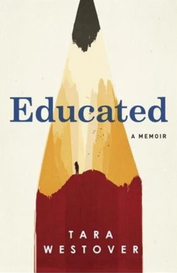
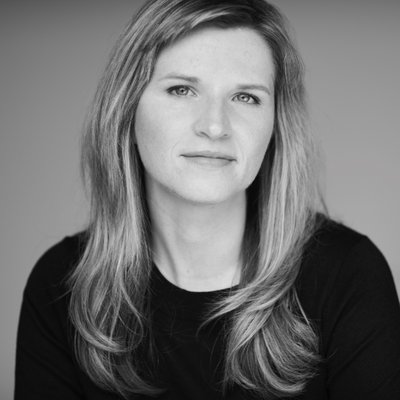




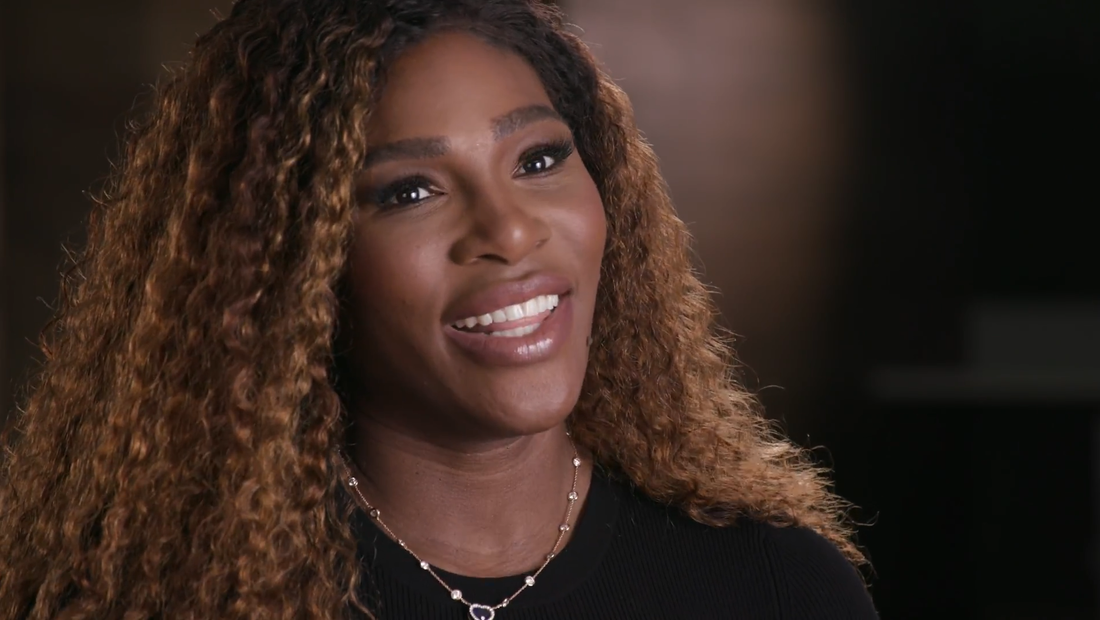
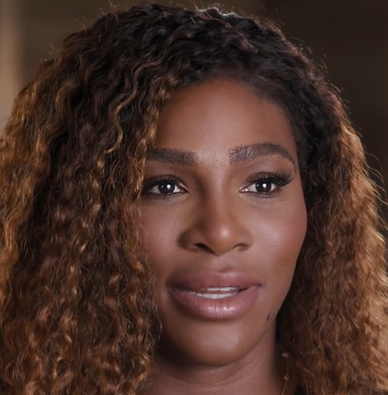
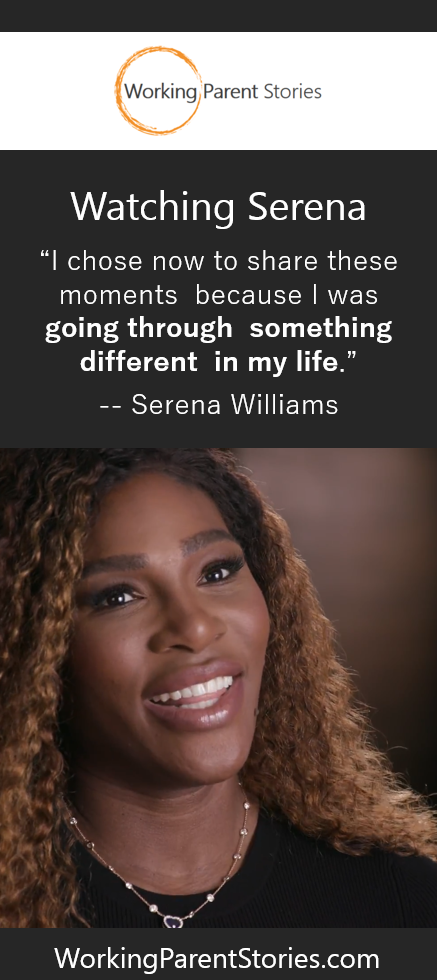


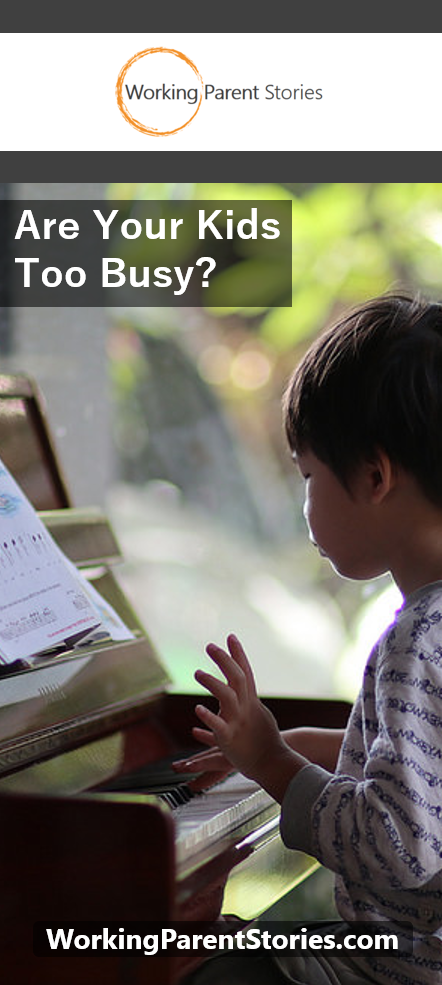
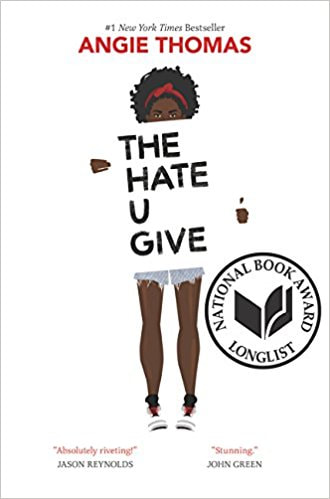
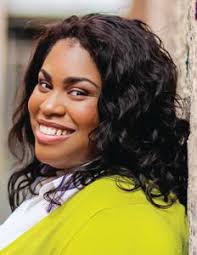
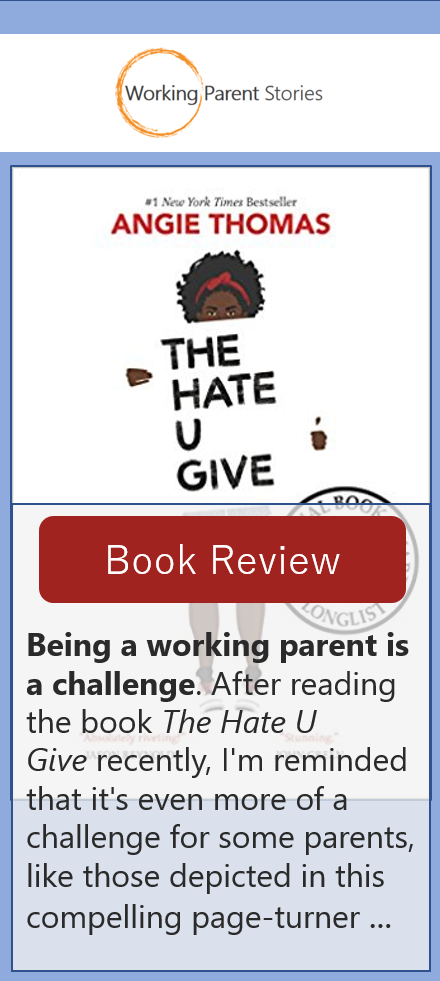









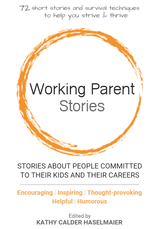
 RSS Feed
RSS Feed